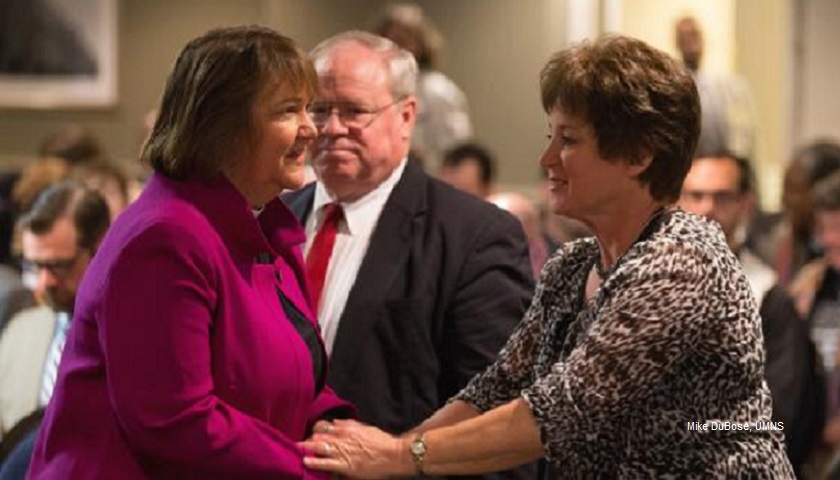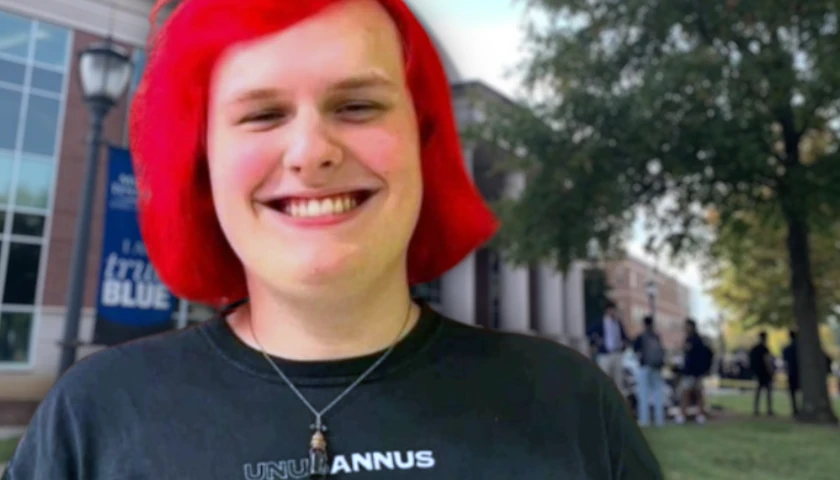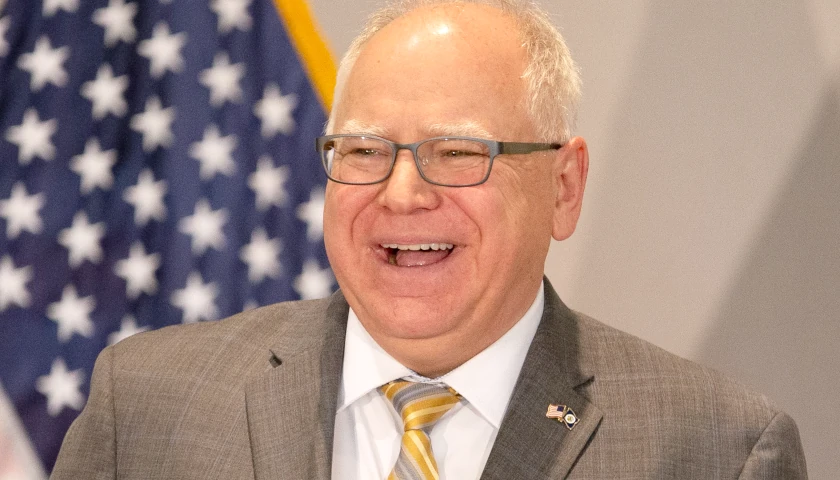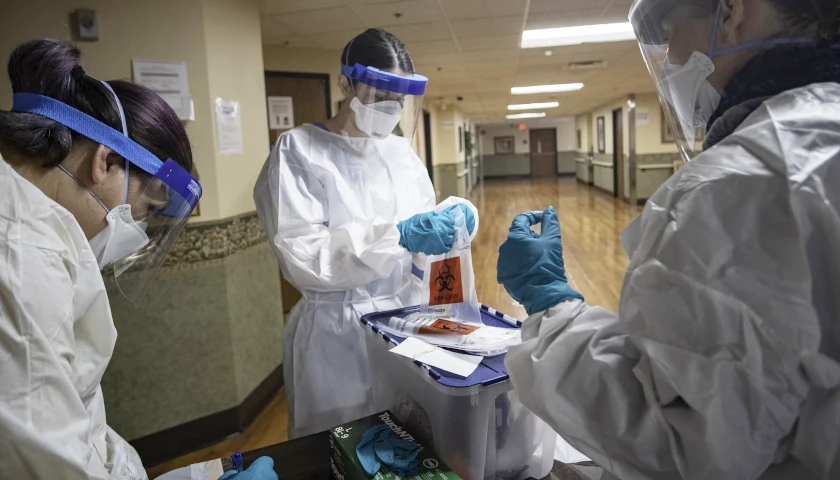The United Methodist Church appears once more to be on the verge of a split over LGBT issues.
The mainline Protestant denomination, which has a large presence in Tennessee, has experienced internal divisions for years over homosexuality, but tensions are at a fever pitch with the elevation of the first openly gay bishop.
The UMC’s top court in Newark, New Jersey, heard arguments this week in the case of lesbian Karen Oliveto, who was elected as bishop last July for an area which includes Colorado, Montana, Utah, Wyoming and a church in Idaho. The area is in the denomination’s Western Jurisdiction. Oliveto is married to a woman who is a UMC deaconess.
Oliveto’s election was contested by a church lay member from Kansas in the South Central Jurisdiction whose legal representative maintained Tuesday that homosexual practice is incompatible with the denomination’s book of discipline. However, a representative for Oliveto’s Western Jurisdiction argued that someone from another region has no standing to bring a case and that the book of discipline does not specifically prohibit same-sex marriage, according to a UMC news story about the hearing.
The United Methodist Queer Clergy Caucus on April 16 sent an open letter to the UMC in support of Oliveto and the “beautiful, bold, diverse, and inclusive Body of Christ.” The letter was said to represent more than 170 LGBT clergy.
In a press conference Tuesday posted on Facebook, Oliveto said her case reflects the urgency of recognizing those who have been “serving in the silence of closets.”
“God has and will continue to call faithful United Methodists who happen to be LGBTQI to serve their church,” she said. “This helps move the conversation away from debating homosexuality as an issue to that of talking with people in the United Methodist Church who are LGBTQI whose lives bear the fruits of the spirit that enrich the community of faith. In this way, we are bringing gay and straight together to build up the body of Christ in a way we’ve never experienced it before.”
Oliveto invoked Methodist founder John Wesley by saying he would not want Christians to be torn apart over nonessential issues.
She is not the first to suggest that Wesley would be on board with today’s LGBT activism.
Vanderbilt University graduate student Keegan Osinski presented a paper titled “Queering Wesley, Queering the Church: Toward an Ecclesial Circumcision of the Heart” at the Wesleyan Theological Society’s annual meeting in early March at Ashbury Seminary in Kentucky.
Conservative Methodist scholar Mark Tooley, who attended the meeting, wrote this about the paper:
Osinski likened queerness to circumcision, which has often set the Jewish people apart “in the face of threat and ridicule,” and which ultimately like circumcision requires a “radical allegiance” and is a “specific grace and gifting of God.”
Spiritually circumcizing the heart, about which Wesley preached, is “similarly to be made queer in that it is a resistance to normative powers and expectations,” Osinski said. Holiness is a matter of the heart, according to Wesley, and so too are “gender or sexuality,” she insisted.
Responding to Wesley’s call to humility, Osinski complained that “queer people” have been told they are “sinful” by the “normative hierarchy of cisheteropatriarchy—that is, the structure of society in which cisgendered, heterosexual men establish and maintain norms.” The correction to this injustice may require the “embrace of a queer holiness” and the “humility of the heteronormative church.” She also surmised that Wesley’s call to “unselfish love and pleasure that points to God” is a “radical affirmation of all love and pleasure, perhaps even queer love and pleasure, inasmuch as it leads to God.”
Tooley concludes:
It’s not clear how Osinski fits her celebration of “all manner of pleasure” with the Wesleyan and orthodox Christian call to constant self-denial. As a self-identified post-modernist, cohesive consistency is likely not her goal.






Oliveto says “God has and will continue to call faithful United Methodists…” Can a person be classified as “faithful” who knowingly and intentionally engages in and vigorously encourages and defends conduct condemned as an abomination in the Bible? Why can’t gays simply establish their own worship practices and places instead of trying to “fundamentally change” churches that reject their lifestyle and ideas?
[…] By Wendy Wilson / The Tennessee Star […]
[…] a somewhat convoluted decision, the judicial council, convening in Newark, New Jersey, said that Karen Oliveto “remains in good standing” pending the completion of another administrative or […]
There would be no turmoil if members would decide who they are going to follow and please. If it’s God, then they should leave or do all they can not to endorse, approve, or tolerate the sin of homosexuality. If God’s way is rejected then do what ever you want, but don’t expect God’s hand on you for not standing up against the sin. God loves the sinner, but hates the sin!